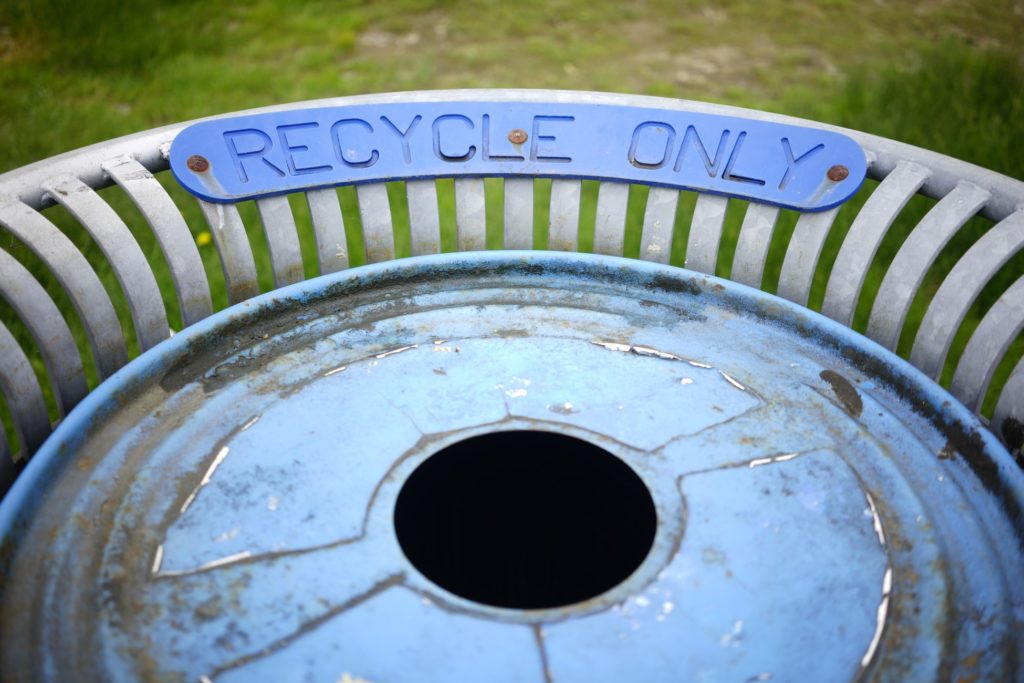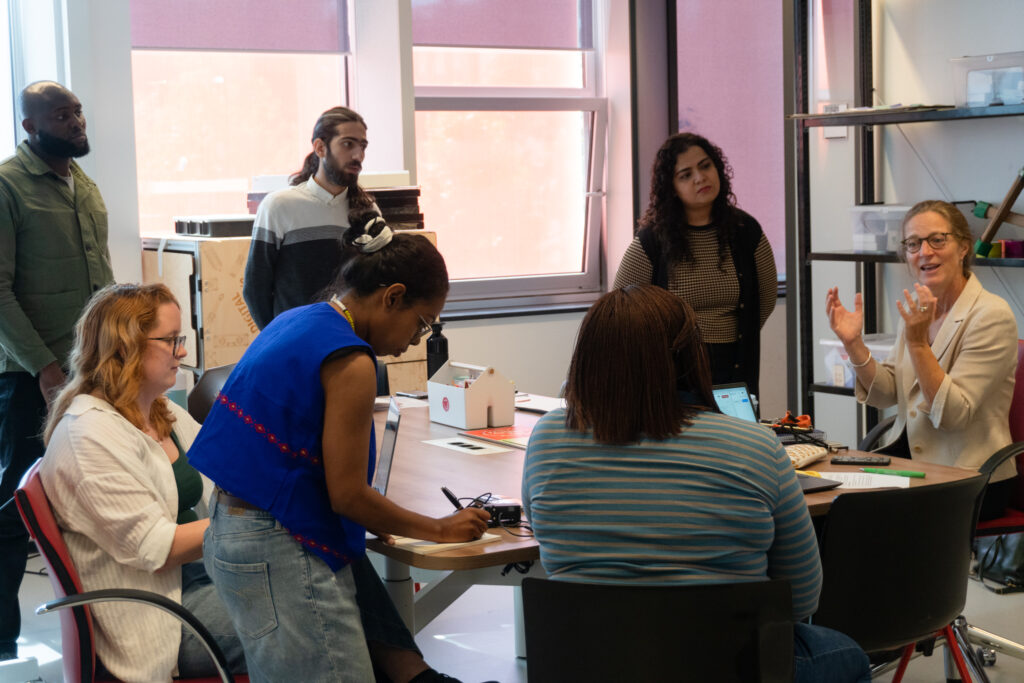Article
Sustainability Traps for Beginners
Sustainability is an umbrella term for globally embraced values that help create solutions to make the world a better place. At the Digital Society School, we work towards a more sustainable future by directing our projects to deliver on the targets set up in the United Nations Sustainable Developments Goals for 2030. The Sustainable Development Goals (SDGs) are 17 goals, each formulated through a specific lens, are adopted by all United Nations Member States in 2015. The United Nations offered a co-created structure for three distinct themes: Is it good for Prosperity? Will it help people? Does it benefit the Planet?
Through our work, we have helped digital talents explore, empathise and advocate these goals with a desire to create a call for transformation in the organisations of our industry partners. We value our partnerships and although we understand that we require a lot of commitment to change, we are also welcoming the perspective of industry leaders.
Promises of Sustainability
One of these perspectives is one of the unfulfilled promises of sustainability. Even though there are a lot of sustainability initiatives, it seems the return of investment of sustainable enterprises is almost invisible. Of course one of the main reasons for this is the lack of tangibility when talking about the negative effects of climate change (For instance, how do you know if the water actually became cleaner?)
This needed reflective feedback lead us here at the DSS to a few questions about the short term implementation of our sustainability agenda. And from this new lens, we have seen other businesses push similar agendas through their organisation, market and most importantly, their customers.
One of the first mistakes businesses are doing that exist is greenwashing. This is basically claiming a sustainable identity to grow a customer base that cares about recycling, reusing or repurposing their products. Think for instance on companies that promote their sustainable initiative, but are never transparent about the actual money they spent on this initiative. Some examples of this were reported by the Guardian in 2016.

Tactics of Sustainability
Another tactic that we see companies use is ‘‘sustainability shaming’. And yes, it is almost as bad as it sounds. This is using a false promise to involve their clients in recycling and by guilt-tripping them into taking responsibility to make the products more sustainable. A truly sustainable approach to your products is not giving a plastic bottle to your customers and then telling them to recycle with fancy advertising and a nice song. If the values of a greener product were at the centre of the product life cycle, the bottle wouldn’t have been made from plastic in the first place.
We understand that there is a fine line between conscious decisions to be more sustainable and an unknown effect of this choice that makes the effort obsolete. That is why we at the Digital Society School have set up principles that organisations can use in the early stages of their process to push the sustainable agenda. The decision to become sustainable leads to a new path that needs to be tread carefully. We believe the first skill in making sustainable choices is to start with your mindset. How is digital transformation altering our approach to sustainability? And how can we make sure that sustainability choices are ethical?
We like to explore these questions with you during our course ‘Is It Really Sustainable?’, which is planned on Monday 6 Apr 2020 – 09:30 – 17:30


